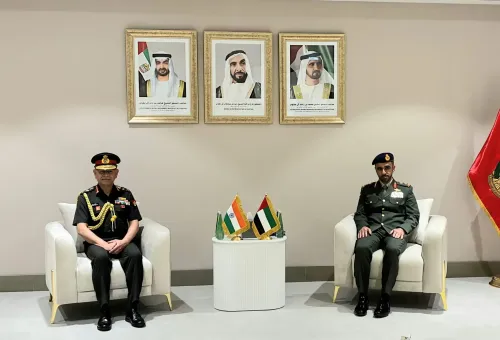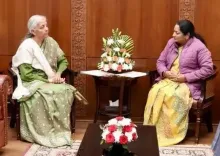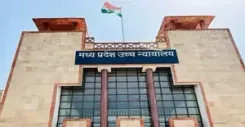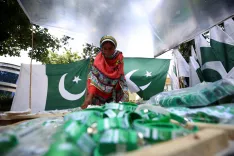Have Cambodia and Thailand Formalized a Ceasefire Agreement?
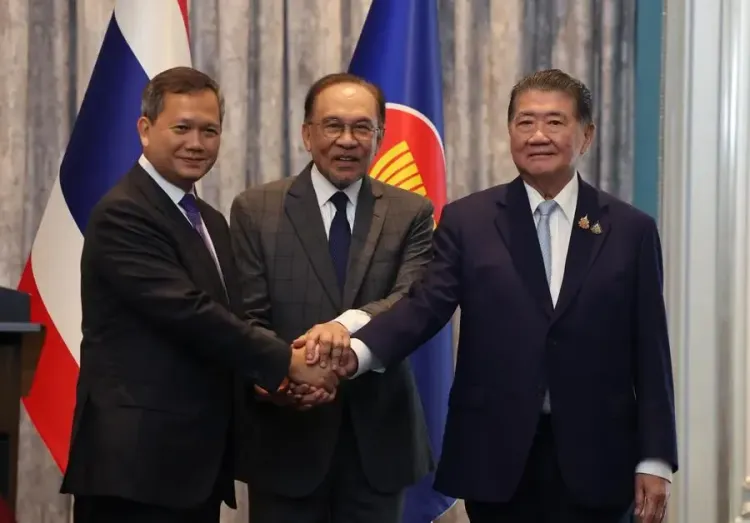
Synopsis
Key Takeaways
- Cambodia and Thailand signed a ceasefire agreement.
- The agreement includes a regional monitoring mechanism.
- Both nations committed to resolving issues through dialogue.
- ASEAN members will monitor the ceasefire.
- Cambodia rejects Thailand's legal claims as unfounded.
Kuala Lumpur, Aug 7 (NationPress) Cambodia and Thailand have officially formalized a ceasefire agreement following an extraordinary General Border Committee (GBC) meeting in the Malaysian capital on Thursday, as confirmed by representatives from both nations.
The Cambodian delegation reported that extensive discussions led to the establishment of a regional monitoring mechanism aimed at fostering mutual trust. Furthermore, it was agreed that captured soldiers would receive treatment in accordance with international humanitarian law.
The Thai representatives indicated that the nations mutually decided to maintain open lines of communication to resolve conflicts through a bilateral approach. Additionally, ASEAN members will be permitted to oversee the ceasefire.
Both parties also scheduled the next extraordinary GBC meeting to take place within a month.
On August 6, a spokesperson from the Cambodian Foreign Ministry dismissed Thailand's legal actions against Cambodia, alleging military violations of its sovereignty as baseless and politically charged.
Chum Sounry, Secretary of State and spokesperson for the Cambodian Foreign Ministry, emphasized that these legal claims are unfounded and an intentional effort to shift both domestic and international attention away from Thailand’s antagonistic policies towards Cambodia, as reported by Xinhua news agency.
"The allegations that form the basis of the legal actions are politically motivated and lack substantive evidence," he stated in a press briefing.
Sounry reiterated that Cambodia did not initiate hostilities and remains firmly committed to peace, despite ongoing provocations, adhering strictly to the ceasefire agreement.
"Cambodia calls on Thailand to cease its disinformation campaign and hostile actions and to return to constructive dialogue in the spirit of peaceful coexistence and ASEAN solidarity," he added.
This response followed an order from Thai Acting Prime Minister Phumtham Wechayachai on August 5 for relevant departments to prepare legal documents to initiate both criminal and civil lawsuits against Cambodia.
Armed skirmishes erupted between Cambodian and Thai soldiers along their disputed border on July 24. The two ASEAN nations agreed to a ceasefire on the afternoon of July 28, which took effect at midnight that day.





